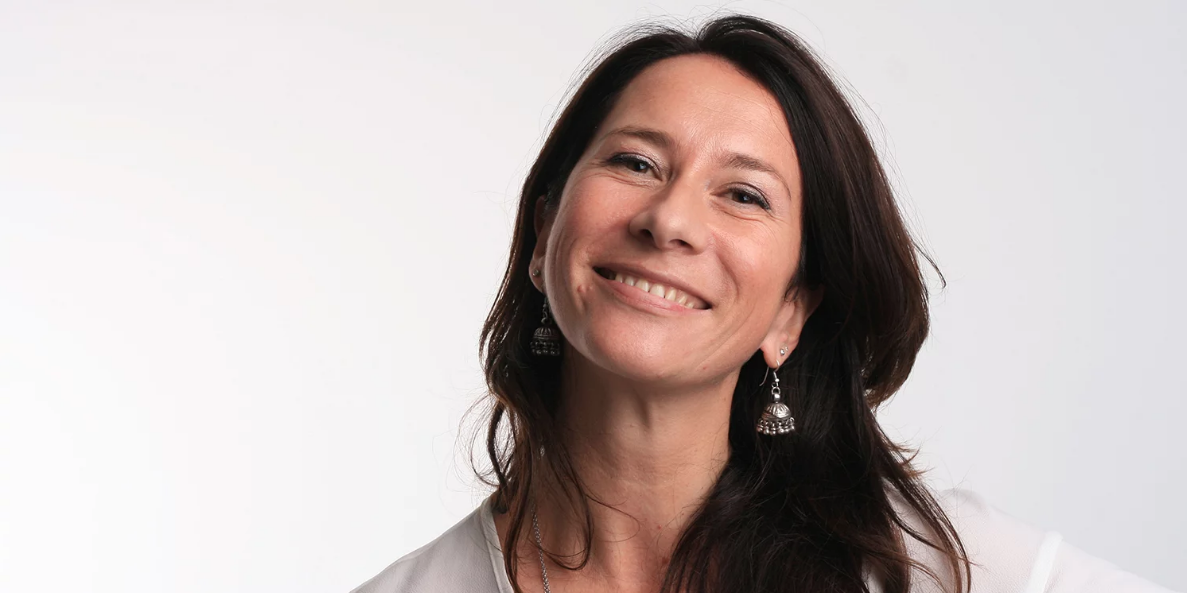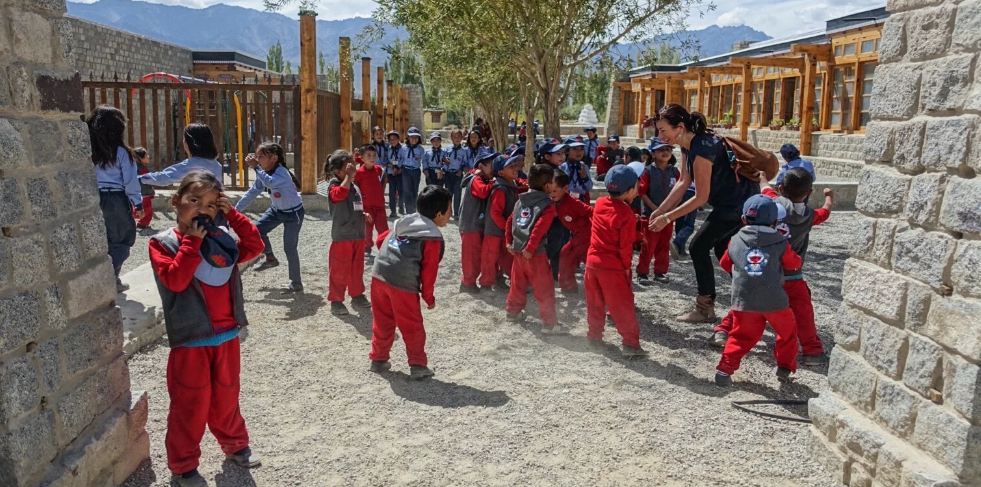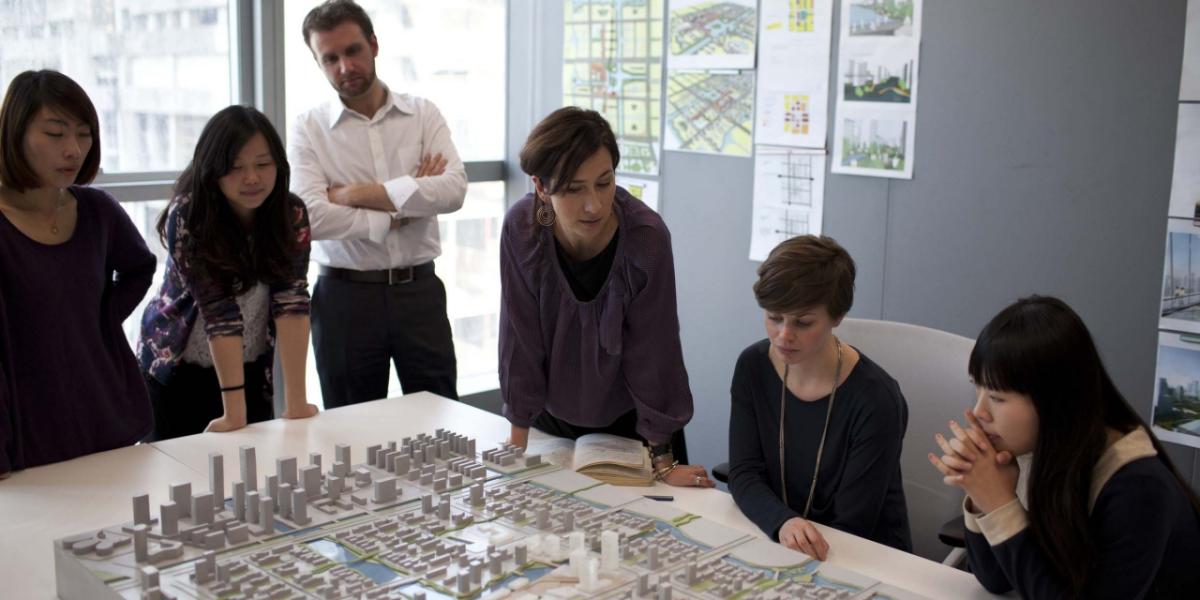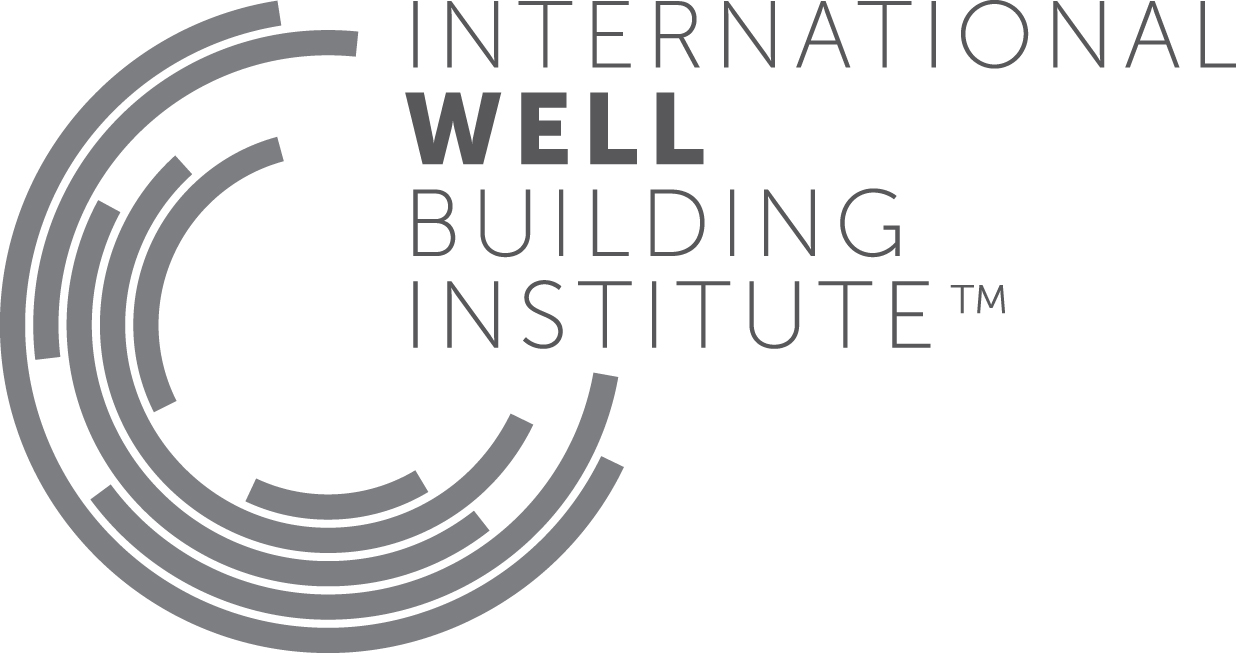WELL Story: Francesca Galeazzi, Team Leader for Sustainability & Simulation at Arup
by Anja Mikic
Our CEO Rick Fedrizzi has said that we are witnessing “the Second Wave of sustainability,” one that is focused on promoting and enhancing human health. How has your role as a sustainability leader and your definition of sustainability changed over the years?
Sustainable design is often described as “a development that meets today’s needs without compromising the ability of future generations to meet their own needs.” To achieve this, cities, buildings and infrastructure are typically designed around issues of environmental sustainability: energy, climate change resilience, emissions reduction, water, waste, materials, ecology, pollution…these are of course all fundamental issues. If we do not address them, future generations will have a very tough existence. But for a long time the debate about sustainability was mainly focused on resources and environmental protection, leaving out the very core aspect of who we design and build for: people! For a long time environmental issues have occupied the whole sustainability debate as if people, the most important element in the equation, were actually not relevant. I am really excited that this shift in focus is finally taking place globally and that in the sustainability profession we are starting to focus a lot more on enhancing the health and wellness of people and communities, as well as that of our planet.
How did you get involved in the WELL building movement? What personal or professional significance does WELL and your status as a WELL AP and WELL Faculty have for you?
I came across the International WELL Building Institute at its launch in 2014, when Arup signed a strategic partnership with Delos, committing to take 100 Arup staff members through the WELL AP program to promote health and well-being across the built environment. So I was part of that movement from the very beginning. I am now WELL Faculty and I am leading the health and well-being consultancy at Arup in Germany.
From a health and wellness perspective, what are some of the most inspiring or exciting trends you’re seeing in your sustainability work?
The most exciting trend in my work is that we are now having broader and often more meaningful conversations with clients about what buildings can do for their people. I now have the opportunity to speak to departments such as Human Resources, Procurement, Operations and Maintenance, Facility Management, Catering and others, with whom I previously did not have the chance to engage. WELL has enabled me to have more holistic conversations with clients.
What does the future of WELL and the healthy buildings movement look like to you?
I am very positive about WELL and the healthy buildings movement in general. People nowadays understand a lot more about the impacts the built environment can have on their lives; tenants seek to rent better spaces, people demand healthy buildings, developers seek to differentiate themselves in tough markets by introducing the theme of health in their portfolios. I believe this is not simply a fashionable trend but a new awareness that will shape the way we will design, build and operate buildings in the future.
How do you incorporate wellness into your life and routine? What does wellness mean to you?
WELL has changed the way I organize my life in many ways, from cycling more and eating healthier, to affecting where I live. I have just finished refurbishing my new apartment in Berlin and for my new home I have sought to integrate key WELL elements in the design! This was really important to me and my husband: we chose low VOC paints, flooring and furniture; we have dynamic lighting to support our circadian rhythm; standing desks in our studio and lots of plants to naturally clean the air and connect us with nature. Walk the talk!
How does your role as a WELL Faculty and WELL AP support your career goals and your work as a leader in the healthy building movement?
I feel that my WELL credentials give me the right to speak about the WELL Building Standard and the health information behind it with authority and knowledge. So many people speak about these themes nowadays, but the WELL AP and Faculty credentials are a guarantee for my clients that I am a professional in this field, that I understand the science behind the WELL Building Standard and that I can support them in applying WELL meaningfully to their projects. The WELL Faculty title also enables me to teach and give lectures and to promote the health and well-being movement in Germany.
How does WELL align with Arup’s values?
At Arup we have a very strong company culture based on core values that have remained relevant since they were established by our founder, Sir Ove Arup, in his Key Speech of 1970. Among the core values is the creation of an organization that is human and friendly, in which we do socially useful work and have a holistic approach to our work. The well-being and prosperity of staff is also a core value of our organization, along with honest and fair dealings with our staff and others. Because of our strong ethical and socially focused values, the well-being movement pioneered by the International WELL Building Institute was naturally supported by many at Arup.
Earth Day was Sunday, April 22nd – how did you celebrate?
We recently kicked off a team to look at ways we can further reduce the environmental impact in our offices in Germany. For Earth Day, we started a week long awareness campaign for all staff in Germany addressing our impacts: electricity, water use, waste, transport, procurement.




